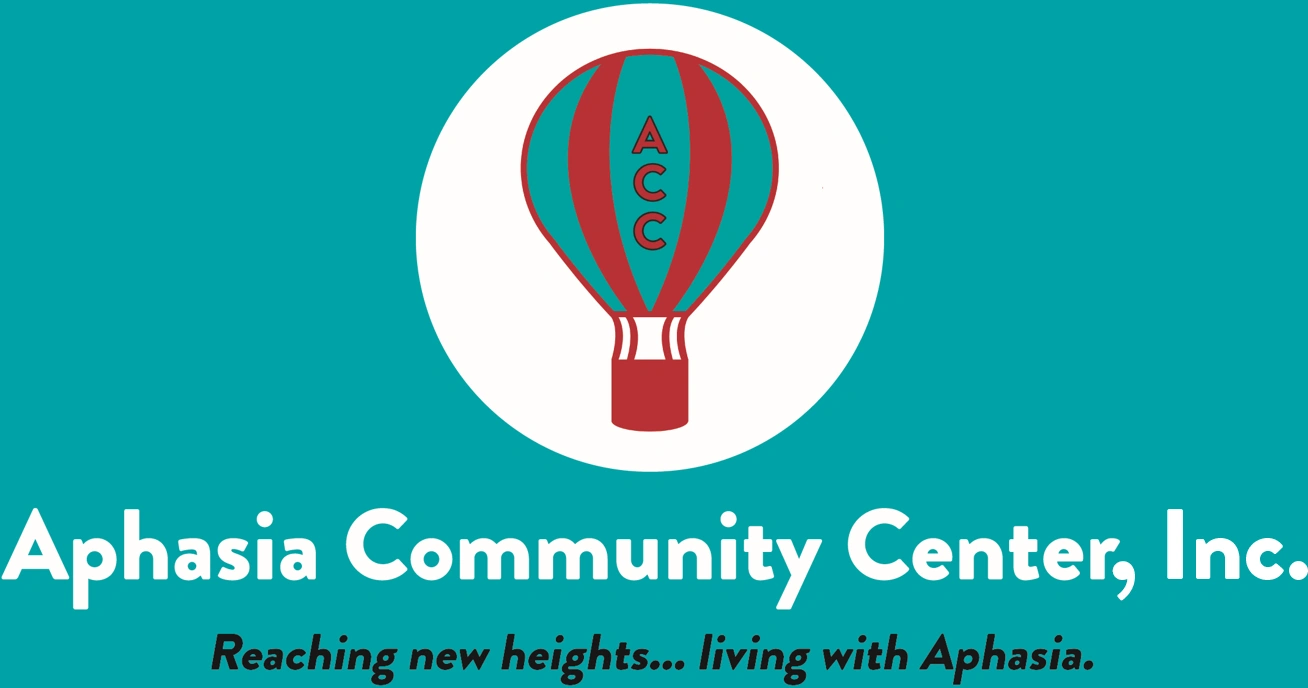Supporting intimacy in aphasia sounds like this is an article about sex. But intimacy is the relationship between intimate partners as it relates to the physical (sexual contact) and emotional aspects of intimacy (friendship, platonic love, and romantic love).
Stroke diminishes intimacy in up to 84% of couples. Research then shows that the added presence of aphasia makes intimacy recovery even more difficult. Not only the medical and physical implications but now we add aphasia to the mix, which compounds a couple’s ability to have intimate relationships.
The change in intimate relationships and the existing barriers directly result from altered roles, the illness narrative, physical impairments, and loss of communication.
The roles within a relationship define who does what, when, the responsibilities in the home, patterns of interaction, and what sort of occupations or jobs you’re taking within that partnership. When someone has a stroke with aphasia, the roles change. One person becomes the caregiver or care partner, and the other becomes the recipient. This sort of change in responsibilities interrupts and impacts intimacy between partners.
After a stroke with aphasia, so much of the world now revolves around recovery. So, planning, finances, communication, everything ties back to the illness. That partner’s existence and daily recovery progress are based on those needs. And the illness narrative sucks up all the energy to create that space to re-identify yourself. You become a caregiver or a person receiving care instead of a partner, a wife, a husband, or a fiancé.
A considerable proportion of those who have had strokes also have physical impairments. The compounding of physical and communication support accelerates the change or loss of intimate connection. This is especially true for those who need assistance with activities of daily living, grooming, dressing, toileting, etc.
Communication is one of the primary ways we build intimate relationships. And aphasia is about communication. This intensifying effect makes it difficult for partners to reclaim intimate communication. When a spouse has aphasia, the adjustment within the partnership is significantly more difficult. In a crisis, people often seek to connect verbally, process, go through, plan, and reassure.
There is a lot of guilt associated with both sides of the partnership. There can be guilt and resentment about the situation they find themselves in. For the couple to accept, acknowledge, and adjust to the situation, they must normalize how their roles changed and the consequences of that change.
One goal should be to discuss and practice the revitalization of former interests. Many people who have experienced a stroke have had to abandon many of their previously shared interests or activities due to either communication or physical limitations. If former interests are not possible, then finding new interests is paramount.
Don’t forget that different activities are opportunities to communicate. Something simple, like chopping up a salad, has many diverse, intricate parts. It is better to make the task something inclusive with your partner. It is essential to include communication in all activities. Using alternate methods of communication may be beneficial.
Many people with aphasia and their caregivers are socially isolated. It is helpful to be in an environment in which they are supported for their communication differences and supported by a community who understands some of some of the physical, caregiving, and communication challenges they are experiencing in their partnerships.
Most people want to feel connected to people, be a part of their community, and participate. Having and returning to intimate relationships, friendships, or loving partnerships is extraordinarily important. Taking the focus off poor communication and caregiving allows couples to reflect on what they like about each other. It can give access to new identities in the relationship. This gives them the opportunity to think about those roles, think about what they desire out of their partnership, and help reconnect the couple.
The preceding is an adaptation of a presentation given by Dr. Amanda Stead, Ph.D., CCC-SLP, an associate professor at Pacific University in Oregon. She teaches courses in Communication and Aging, Aphasia, Progressive Neurological Disorders, End-of-Life Care, and Counseling. Her research is in evidence-based education, language change in healthy aging and dementia, and technology applications to serve vulnerable populations.

